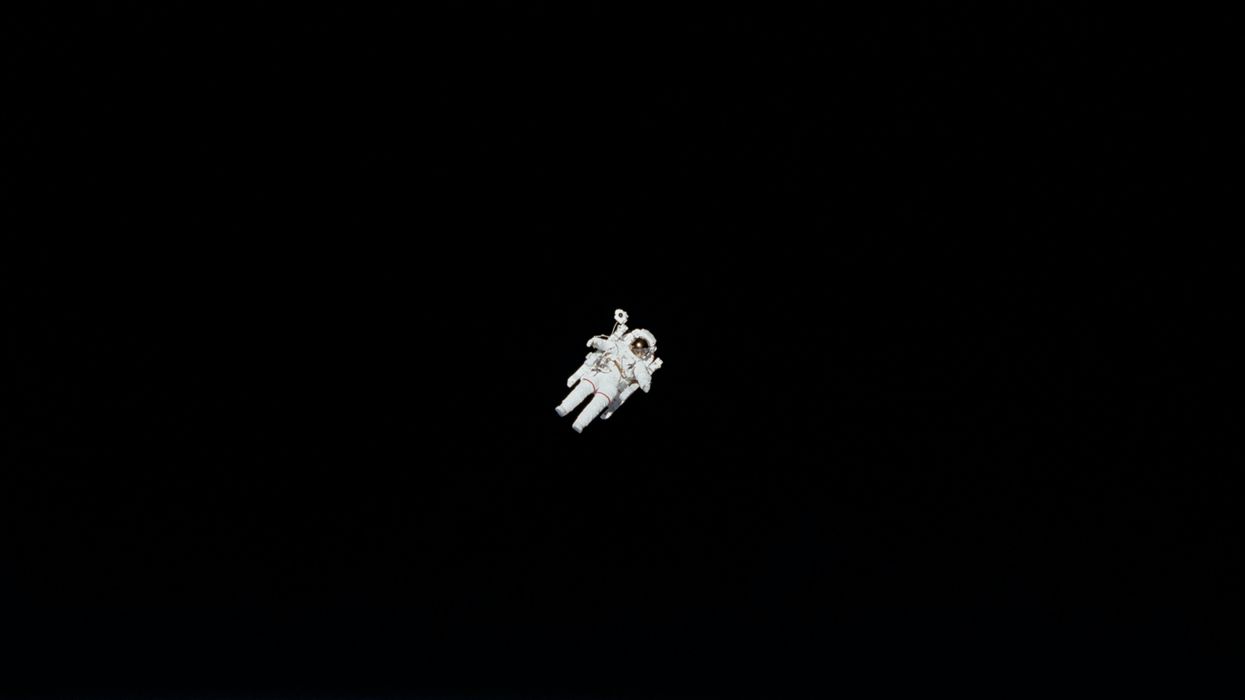Science & Tech
Catherine Shuttleworth
Sep 29, 2023

Astronaut returns home after 371 days in space – here's how his body will be coping
Scientists are explaining what happens to the human body after spending time in space, as NASA astronaut Frank Rubio returned to Earth after 371 days in space, the longest time spent in space ever by a US astronaut.
Many mental and physical effects occur when astronauts return to Earth as gravity begins to take hold once again.
Rubio was only supposed to send six months up on the International Space Station, but his time ended up being extended, meaning he spent over a year in space.
Since his return to Earth he has been subject to assessments by the NASA medical team in order for him to readjust to Earth's atmosphere again. Everyday tasks such as standing up and walking around will need to be practiced, and there will also be psychological obstacles to tackle.
Decrease in muscle mass, as well as bone loss, occurs due to a lack of gravity in space.
Speaking to ABC News, Dr Jennifer Fogarty - chief scientific officer at Baylor College of Medicine's Translational Research Institute for Space Health - explained that one of the biggest issues astronauts face when returning to Earth is with balance: "How do you coordinate movement like walking, which you haven't done for a long period of time, and then the idea of balance?"
"When you put those two together, it can kind of create a little bit of a precarious situation and something that's very well-monitored with the crew members when they land on Earth."
It's likely that Rubio will take longer to acclimatise back to Earth's conditions due to the length of his mission.
Scientists will be looking at how Rubio's mental and physical health after his time in space, as well as checking his immune system and for changes to his genes.
Whist space is a difficult place to go, and that it can be challenging to acclimatise back to Earth, Fogarty reminded us that NASA is very prepared for these things.
"We can select people, train them and make sure they're very healthy before they go.
"We do the research to understand where we can make different choices with the environments we build for these people to live and work in, so that we are not tapping into those reserves... and compromising them."
Sign upto our free Indy100 weekly newsletter
Have your say in our news democracy. Click the upvote icon at the top of the page to help raise this article through the indy100 rankings.
Top 100
The Conversation (0)













